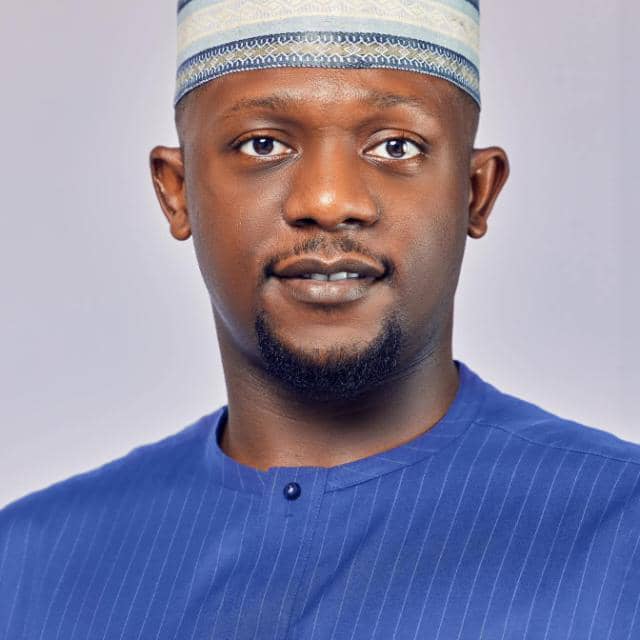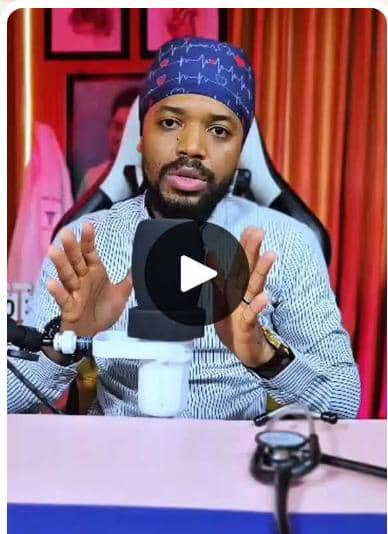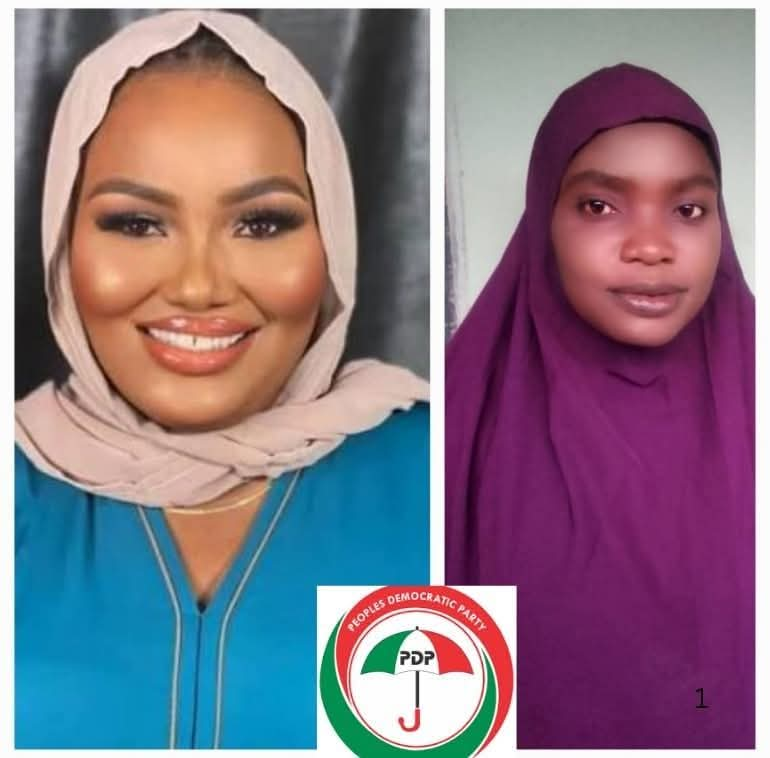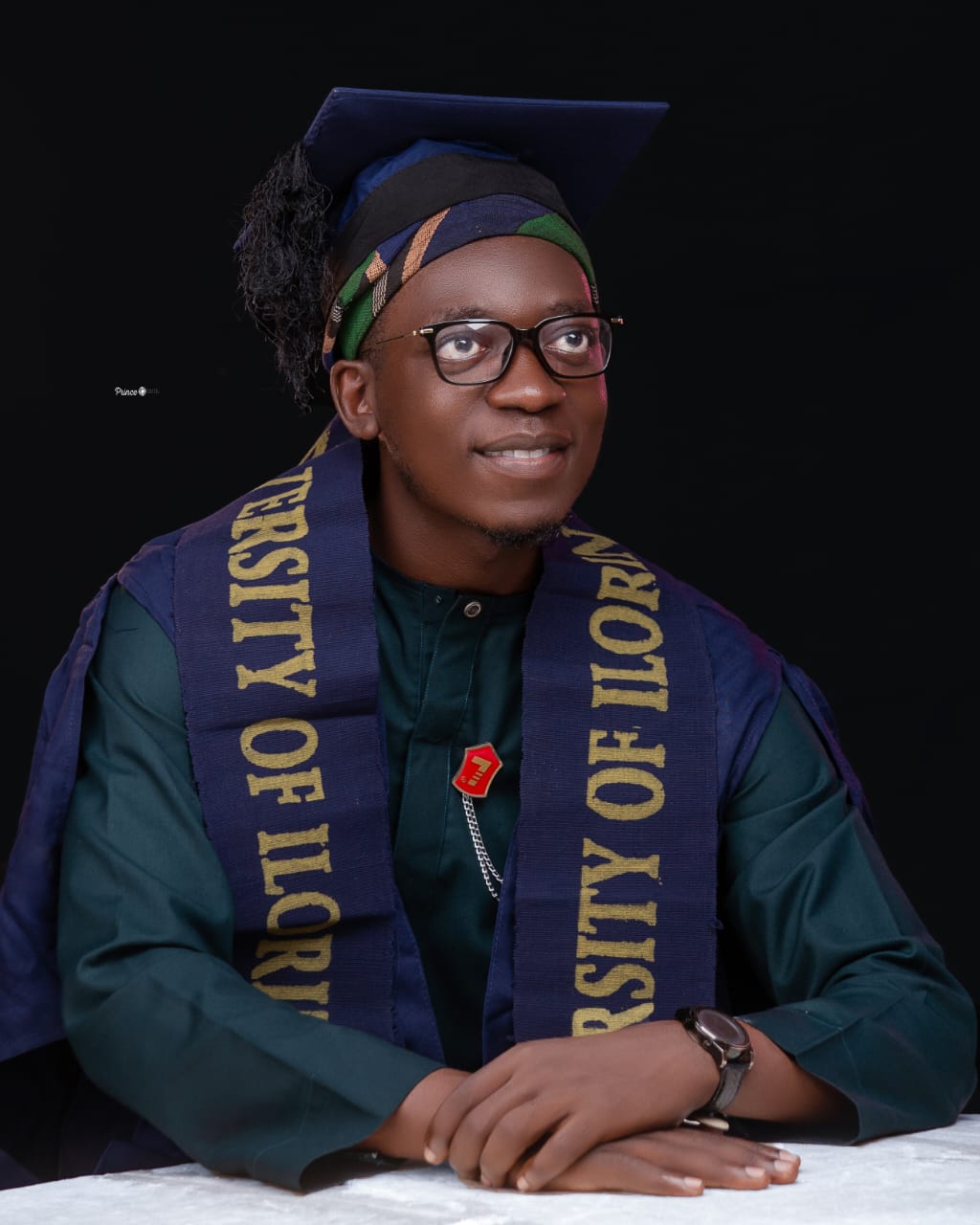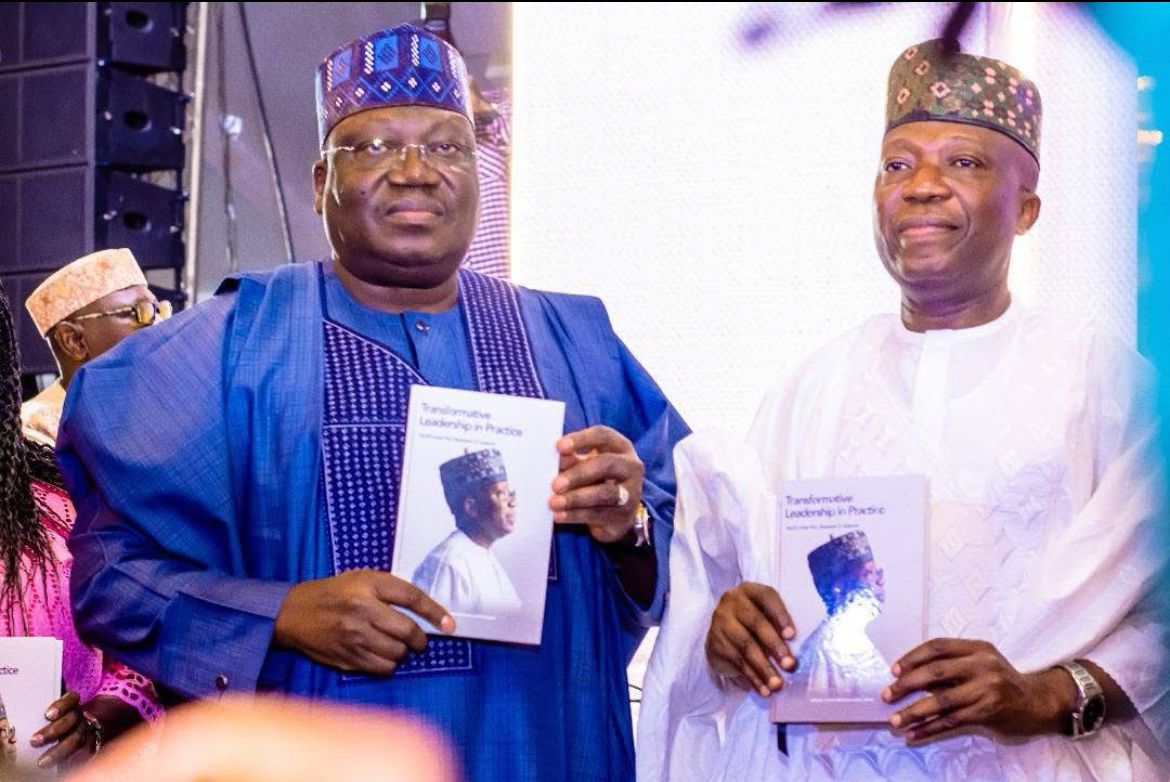
Every great society is built on the energy of its young people. When the youth thrive, the nation flourishes; when they are neglected, development withers. In Kwara State today, the dreams of thousands of young men and women hang in the balance — caught between ambition and opportunity, potential and neglect. But in the midst of this uncertainty stands a man who believes that the destiny of Kwara’s youth must be rewritten — a man who has made it his life’s mission to transform ideas into action and despair into hope. That man is Prof. Abubakar Olanrewaju Sulaiman, fondly known as Amana.
Prof. Amana’s name evokes the image of trust, purpose, and commitment. For decades, he has devoted his intellectual and political energy to building human capacity. As a professor, he nurtured minds in the classroom, teaching students not just theories but the principles of leadership and integrity. As the Director-General of the National Institute for Legislative and Democratic Studies (NILDS), he turned the institution into a centre of excellence — empowering young Nigerians through training, mentorship, and public service exposure.
To Amana, youth development is not an act of charity; it is a deliberate investment in the state’s future. He has repeatedly emphasized that the future of Kwara cannot be built by leaving its brightest minds behind. His proposed 2027 governance agenda rests on a bold youth-centered policy — one that prioritizes education reform, digital innovation, entrepreneurship, and vocational empowerment.
He envisions a Kwara where education is not a privilege for a few, but a right for all. In his blueprint, schools will no longer be overcrowded and underfunded; teachers will be retrained, classrooms digitalized, and learning made relevant to modern realities. Beyond formal education, he champions skill acquisition as a bridge between schooling and employment — establishing innovation hubs and vocational centers that will nurture young creators, artisans, and inventors.
For Amana, youth empowerment is about restoring dignity. It is about giving every young Kwaran the tools to dream boldly and the support to achieve those dreams. His belief in youth capacity is not mere rhetoric — it’s rooted in action. Under his leadership at NILDS, hundreds of young Nigerians were given platforms to intern, research, and participate in democratic processes, helping them see governance not as a distant structure but as an open door.
He has also been a strong advocate for inclusive leadership. Amana understands that for governance to be effective, young people must not just be followers but stakeholders. His policy direction for 2027 proposes a *Youth Governance Council* — an advisory platform where young voices from all 16 local government areas can contribute to state policies, ensuring that leadership reflects the needs and aspirations of the next generation.
But beyond policies and plans lies the personal connection Amana shares with the youth. Those who have met him often describe him as approachable, fatherly, and deeply empathetic. He listens more than he speaks, always attentive to the stories of everyday people — the students who can’t afford fees, the graduates searching for jobs, the entrepreneurs struggling to sustain their startups. His empathy fuels his leadership. His intellect guides his strategy. Together, they form the foundation of a youth agenda that can truly transform Kwara.
In a state blessed with talent but burdened by unemployment, Amana’s vision offers a new pathway. He imagines a Kwara that becomes the digital hub of Northern Nigeria — where technology, agriculture, and innovation meet to create new industries. His youth policy aligns with national goals of job creation and aligns globally with the United Nations Sustainable Development Goals, particularly in quality education, decent work, and innovation.
Amana often says that the greatest resource Kwara possesses is not its land or location — but its people. That philosophy drives his entire development approach. He wants a Kwara where every youth, whether from Ilorin, Omu-Aran, Kaiama, or Baruten, has equal access to opportunity. His leadership style is inclusion-driven; he sees governance not as ruling over people but working *with* them.
The youth of Kwara have long yearned for a leader who sees them not as political tools but as partners in progress. In Amana, they find that leader. He represents a shift from the politics of survival to the politics of empowerment. He is not promising miracles — he is proposing systems, structures, and sustainability. And that is where transformation truly begins.
As the 2027 race begins to gather momentum, one truth is clear: the future belongs to leaders who invest in people, not those who exploit them. It belongs to those who see in every young person a builder of tomorrow. Prof. Abubakar Olanrewaju Sulaiman stands at that intersection — where intellect meets empathy, and where vision meets action.
If leadership is about legacy, then Amana’s greatest legacy will be the generation he uplifts. In him, the youth of Kwara can see their reflection — strong, resilient, ambitious, and hopeful. His 2027 vision is not just about winning an election; it’s about winning the future.
Indeed, Kwara’s most valuable investment is its youth — and under the purposeful leadership of Prof. Amana, that investment will yield a prosperous tomorrow


